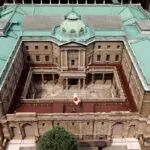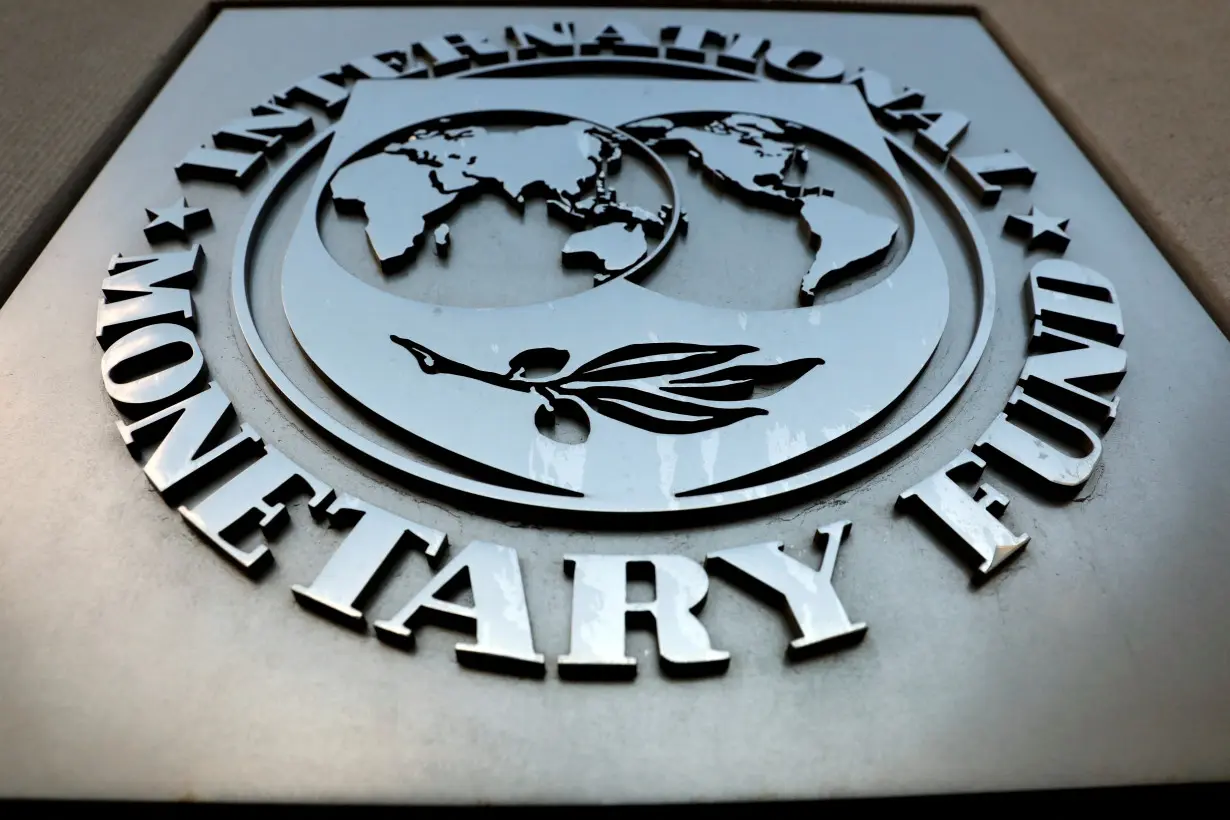By Duncan Miriri
NAIROBI (Reuters) -Kenya expects the International Monetary Fund to review its revised fiscal repair plan at the end of August, the country's chief minister has told a parliamentary panel.President William Ruto's cash-strapped government has been forced to draw up new spending cuts in recent weeks after widespread youth-led protests against previously proposed tax hikes left at least 50 people dead.
Kenya's Chief Minister Musalia Mudavadi said that the Treasury "has had a very robust engagement with the International Monetary Fund" despite the setbacks.
"It is our desire and hope that Kenya's proposition will receive favourable consideration so that we can move beyond the challenges that we are facing," Mudavadi told the parliamentary budget committee in remarks seen by Reuters on Tuesday.
Kenya considers the support of the IMF and the World Bank crucial to its strategy of navigating through its current heavy debt repayment burden, Mudavadi and other officials told the panel.
"The IMF values its partnership with Kenya, and we remain engaged with the Kenyan authorities on the way forward," an IMF spokesperson said in an emailed statement, adding the main reason the review would take so long was the IMF board's upcoming summer break.
The Fund reached a staff level agreement on the seventh review of its $3.6 billion Kenya programme in early June.
But its board is yet to sign it off and the protests and Ruto's subsequent move to abandon the tax hikes that were a core part of its plan have created uncertainty and led to a credit rating downgrade.
"The reality is, can we at some point see this turn into the kind of situation that we have seen in Ghana? Where suddenly (bond) yields spike out of control," said Joe Delvaux, a portfolio manager in distressed emerging market debt at asset firm Amundi.
"Yes, that is a clear risk, and that is the risk that needs to be monitored going forward," Delvaux added.
IMF WAIVERS
The Kenyan government had said previously that the tax increases were necessary to service the huge public debt of 10 trillion Kenyan shillings ($76 billion), equal to over 70% of its GDP.
Even at the June review, Kenya had sought IMF waivers after failing to meet two targets on balancing the primary budget and tax collection.
Mudavadi said that under the revised spending plan for the 2024/25 financial year, the budget deficit is projected to rise to 4.2% of gross domestic product, up from 3.3% before the withdrawal of the finance bill.
"The revision to the deficit barely a week after the initial plan underlines the Herculean task faced by the authorities to achieve their fiscal consolidation goals," Ayodeji Dawodu, head of Africa research and strategy with boutique investment banking group BancTrust & Co said in a note.
Kenya's sovereign bonds have recovered after falling at the height of the protests, with the 2034 maturity trading at 75.4 cents on the dollar on Tuesday, up from 74.7 on June 25, but concerns linger over the country's ability to raise funds.
($1 = 132.2500 Kenyan shillings)
(Additional reporting by Marc Jones in London;Editing by Libby George, Alexandra Hudson and Emelia Sithole-Matarise)

 Michigan strips two clerks in small town of election duties over hand count plan
Michigan strips two clerks in small town of election duties over hand count plan
 What you need to know about the 2024 US presidential election
What you need to know about the 2024 US presidential election
 BOJ to keep rates steady as politics muddles outlook
BOJ to keep rates steady as politics muddles outlook
 IMF board approves Kenya's reviews, unlocking access to $606 million
IMF board approves Kenya's reviews, unlocking access to $606 million
 Siemens to buy engineering software firm Altair for $10.6 billion
Siemens to buy engineering software firm Altair for $10.6 billion
 Accuser of Sean 'Diddy' Combs cannot remain anonymous, judge rules
Accuser of Sean 'Diddy' Combs cannot remain anonymous, judge rules
 ‘Emily in Paris’ star Lucas Bravo mulling exit from show because he’s ‘frustrated’ with his character’s direction
‘Emily in Paris’ star Lucas Bravo mulling exit from show because he’s ‘frustrated’ with his character’s direction
 Second gambler admits trying to cash in on scheme involving ex-NBA player Jontay Porter
Second gambler admits trying to cash in on scheme involving ex-NBA player Jontay Porter

